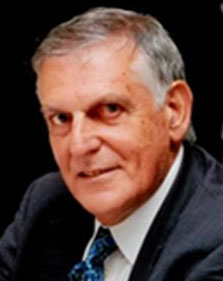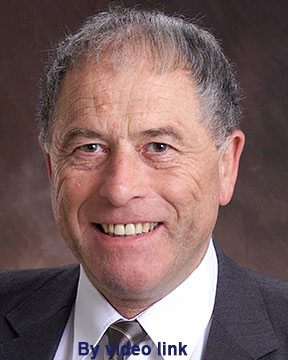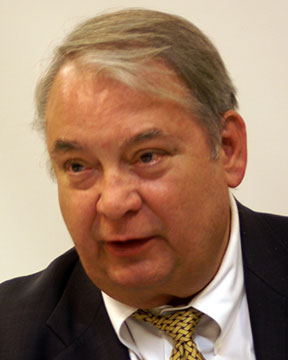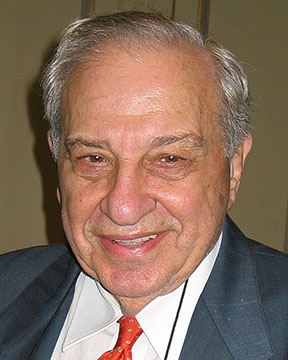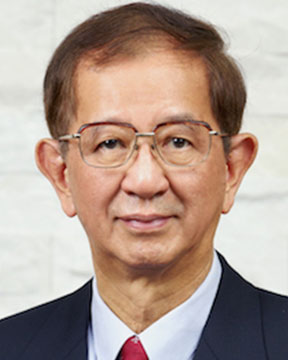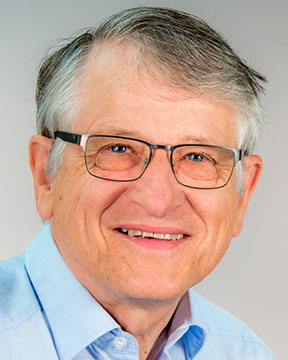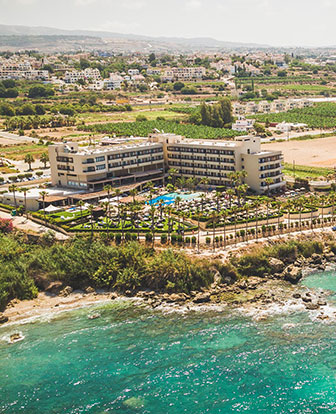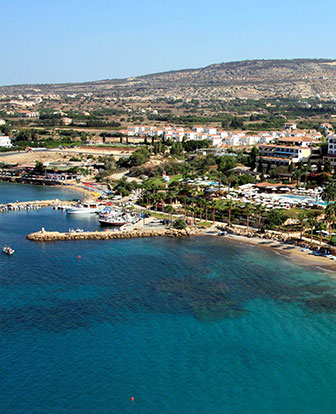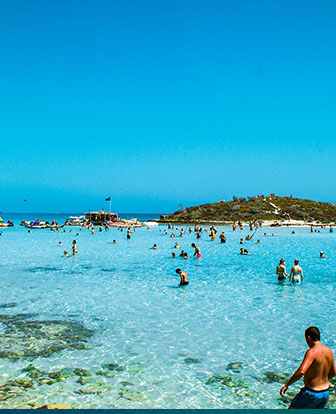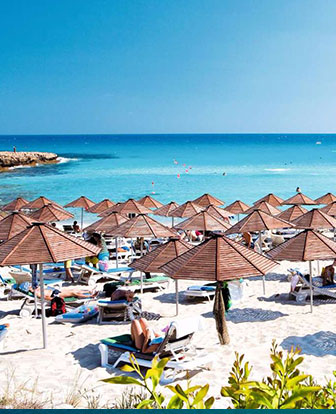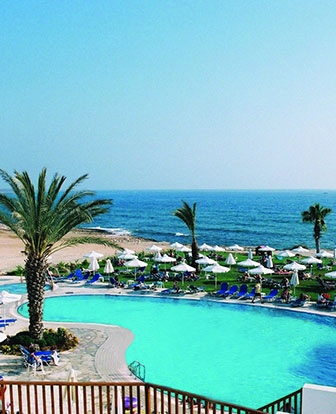Abstract:
Ionic liquids are thermally stable, low-melting salts (mp. below 100°C), which typically consist of mixed organic and inorganic halogen-containing or halogen–free ions. The exceptionally low melting temperatures are obtained as result of low ion charge densities, which reduce intermolecular forces between the ions.
Ionic liquids are unique compared to all other commonly applied liquids, as they are generally non-volatile and thermally stable in their whole liquid range (often 25-400°C), i.e. below their decomposition temperature. These characteristics enable their replacement for common volatile organic solvents (VOCs), thereby facilitating more environmentally friendly and sustainable technologies.
The non-volatile property of most ionic liquids makes it possible to maintain the liquid intact on the surface of a porous support. This is impossible with almost all other solvents since they will evaporate during use, a scenario that has made a very limited number of industrial SLP (Supported Liquid Phase) catalysts successful so far.
Here we demonstrate that such Supported Ionic Liquid-Phase (SILP) materials, with the catalyst dissolved in the ionic liquid, make heterogenized, homogeneous catalytic processes possible. This is done by turning the cumbersome batch operation into a continuous flow process design without compromising the traditionally high selectivity and heat transfer properties. Thus SILP catalyst processes regarding hydroformylation and alkoxycarbonylation of alkenes, as well as carbonylation of alcoholes, will be highlighted.
In addition, our research shows that due to environmental and climate concern, the gases CO2, NO and SO2 can be reversible and selectively absorbed using different ILs and that SILP absorbers. These ILs and SILP absorbers are promising materials for industrial flue gas cleaning, natural and biogas sweetening, and selective separation of gas mixtures. Absorption/desorption efficiency can be tuned by design of the ionic liquid, temperature, pressure and gas concentrations.
The SILP technology dramatically improves the overall kinetics of both catalysis and the gas absorption and desorption processes compared to bulk ionic liquid performance.
References:1. A. Riisager, R. Fehrmann, S. Flicker, M. Haumann, P. Wasserscheid
Angew. Chem. Int. Ed. 2005, 44, 815 (VIP)
2. A.J. Kunov-Kruse, P. Thomassen, S. Mossin, A. Riisager, R. Fehrmann,
Chemistry: A European Journal, 22, 11745, 2016
3 Supported Ionic Liquids, Eds. R. Fehrmann, A. Riisager, M. Haumann,
Wiley-VCH Verlag GmbH, 2014
|


